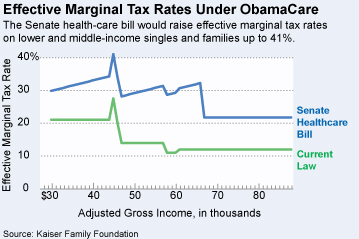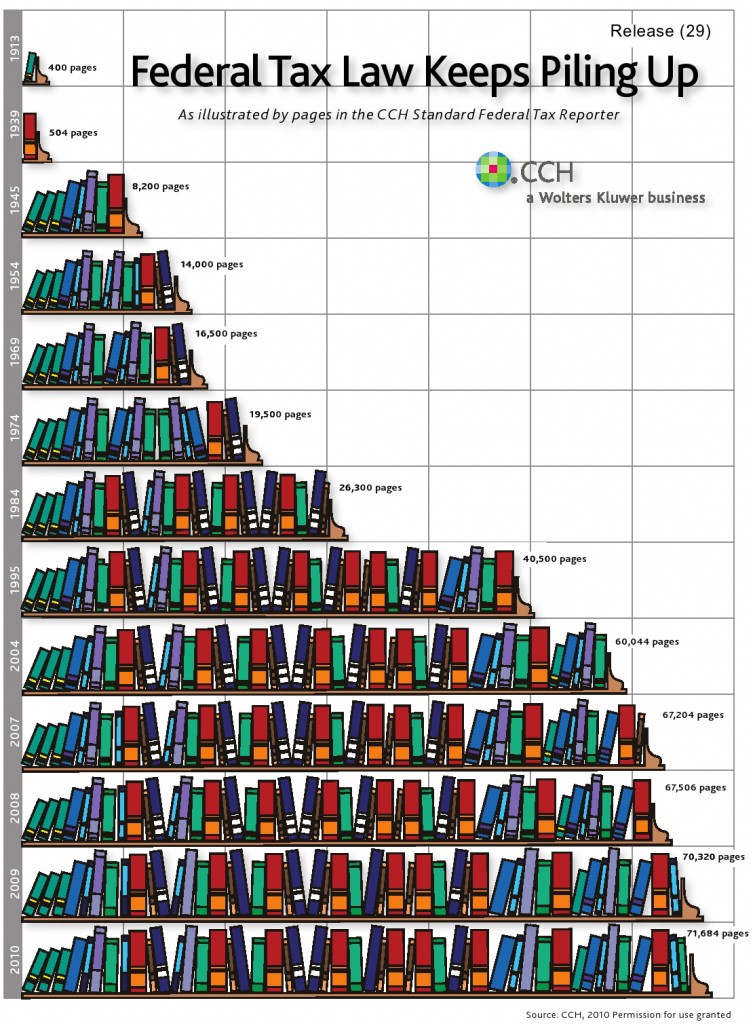IRS Debunks Common Frivolous Anti-tax Claims Made by Ignorant Idiots
The IRS released IR-2010-80, The Truth about Frivolous Tax Arguments, which debunks the most common frivolous arguments made by taxpayers who believe there is no federal income tax law, the earth is flat and Elvis is alive. The IRS says:
The Internal Revenue Service today released the 2010 version of its discussion and rebuttal of many of the more common frivolous arguments made by individuals and groups that oppose compliance with federal tax laws. Anyone who contemplates arguing on legal grounds against paying their fair share of taxes should first read the 80-page document, The Truth about Frivolous Tax Arguments. The document explains many of the common frivolous arguments made in recent years and it describes the legal responses that refute these claims. It will help taxpayers avoid wasting their time and money with frivolous arguments and incurring penalties. Congress in 2006 increased the amount of the penalty for frivolous tax returns from $500 to $5,000. The increased penalty amount applies when a person submits a tax return or other specified submission, and any portion of the submission is based on a position the IRS identifies as frivolous. IRS highlighted in the document about 40 new cases adjudicated in 2009. Highlights include cases involving injunctions against preparers and promoters of Form 1099-Original Issue Discount schemes and injunctions against preparers and promoters of false fuel tax credit schemes.
Here are some of the frivolous arguments the IRS rebuts in IR-2010-80:
- The Voluntary Nature of the Federal Income Tax System
- Contention: The filing of a tax return is voluntary
- Contention: Payment of tax is voluntary
- Contention: Taxpayers can reduce their federal income tax liability by filing a “zero return”
- Contention: The IRS must prepare federal tax returns for a person who fails to file
- Contention: Compliance with an administrative summons issued by the IRS is voluntary
- The Meaning of Income: Taxable Income and Gross Income
- Contention: Wages, tips, and other compensation received for personal services are not income
- Contention: Only foreign-source income is taxable
- Contention: Federal Reserve Notes are not income
- The Meaning of Certain Terms Used in the Internal Revenue Code
- Contention: Taxpayer is not a “citizen” of the United States, thus not subject to the federal income tax laws
- Contention: The “United States” consists only of the District of Columbia, federal territories, and federal enclaves
- Contention: Taxpayer is not a “person” as defined by the Internal Revenue Code, thus is not subject to the federal income tax laws
- Contention: The only “employees” subject to federal income tax are employees of the federal government
- Constitutional Amendment Claims
- Contention: Taxpayers can refuse to pay income taxes on religious or moral grounds by invoking the First Amendment
- Contention: Federal income taxes constitute a “taking” of property without due process of law, violating the Fifth Amendment
- Contention: Taxpayers do not have to file returns or provide financial information because of the protection against self-incrimination found in the Fifth Amendment
- Contention: Compelled compliance with the federal income tax laws is a form of servitude in violation of the Thirteenth Amendment
- Contention: The Sixteenth Amendment to the United States Constitution was not properly ratified, thus the federal income tax laws are unconstitutional
- Contention: The Sixteenth Amendment does not authorize a direct nonapportioned federal income tax on United States citizens
- Fictional Legal Bases
- Contention: The Internal Revenue Service is not an agency of the United States
- Contention: Taxpayers are not required to file a federal income tax return, because the instructions and regulations associated with the Form 1040 do not display an OMB control number as required by the Paperwork Reduction Act
- Contention: African Americans can claim a special tax credit as reparations for slavery and other oppressive treatment
- Contention: Taxpayers are entitled to a refund of the Social Security taxes paid over their lifetime
- Contention: An “untaxing” package or trust provides a way of legally and permanently avoiding the obligation to file federal income tax returns and pay federal income taxes
- Contention: A “corporation sole” can be established and used for the purpose of avoiding federal income taxes
- Contention: Taxpayers who did not purchase and use fuel for an off-highway business can claim the fuels tax credit
- Contention: A Form 1099-OID can be used as a debt payment option or the form or a purported financial instrument may be used to obtain money from the Treasury


